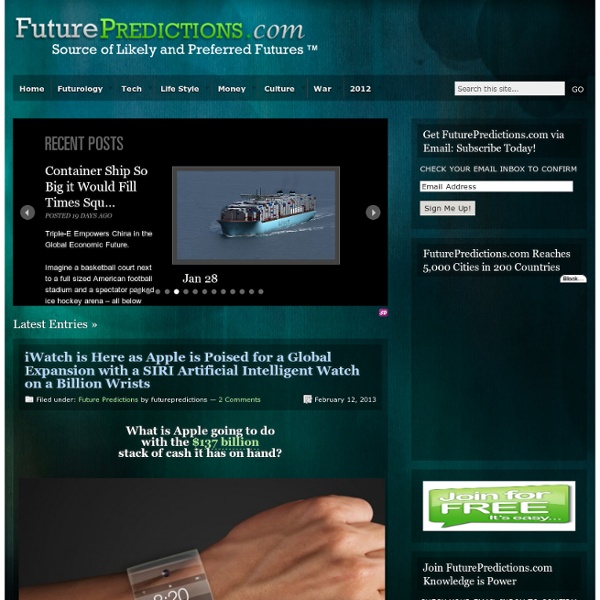



Brain Pickings Science Wars What Scientists Know and How They Know It the status of scientific knowledge that began in ancient Greece, raged furiously among scientists, social scientists, and humanists during the 1990s, and has re-emerged in today's conflict between science and religion over issues such as evolution. Professor Steven L. Goldman, whose Teaching Company course on Science in the 20th Century was praised by customers as "a scholarly achievement of the highest order" and "excellent in every way," leads you on a quest for the nature of scientific reasoning in this intellectually pathbreaking lecture series, Science Wars: What Scientists Know and How They Know It. Those who have taken Professor Goldman's previous course, which is an intensive survey of the revolution in scientific knowledge from 1900 to 2000, may have wondered: if what counts as scientific knowledge can transform so dramatically within only 100 years, what exactly is scientific knowledge? Science Wars addresses this surprisingly difficult question. What Is Reality?
HISTORIES OF THINGS TO COME Atelier d'histoire des sciences | CultureMath Coordonné par, Professeur de mathématiques et docteur en histoire des sciences - e-mail Document déposé le 23/05/11. Editeur: Eric Vandendriessche. Présentation du dossier Ressources 1. Présentation L’atelier d’histoire des sciences et des techniques, coordonné par Matthieu Husson, est un dispositif qui vise à regrouper les enseignants du secondaire intéressés par l’histoire des sciences autour d’un projet commun : se former en histoire des sciences en élaborant une offre pédagogique destinée aux élèves dans le domaine de l’histoire des sciences et des techniques. Au niveau d’un établissement, les enseignants intéressés, se regroupent, définissent des axes de travail et élaborent des offres pédagogiques concrètes. Le dossier de CultureMATH en rapport avec l'atelier d'histoire des sciences s'enrichira au fur et à mesure des actions organisées dans ce cadre. Ressources Trajectoires de la balistique La conférence ici mise en ligne est l'une des actions concrètes de cet atelier. Voir la Vidéo
List of paradoxes This is a list of paradoxes, grouped thematically. The grouping is approximate, as paradoxes may fit into more than one category. Because of varying definitions of the term paradox, some of the following are not considered to be paradoxes by everyone. This list collects only scenarios that have been called a paradox by at least one source and have their own article. Although considered paradoxes, some of these are based on fallacious reasoning, or incomplete/faulty analysis. Logic[edit] Self-reference[edit] These paradoxes have in common a contradiction arising from self-reference. Barber paradox: A barber (who is a man) shaves all and only those men who do not shave themselves. Vagueness[edit] Ship of Theseus (a.k.a. Mathematics[edit] Statistics[edit] Probability[edit] Infinity and infinitesimals[edit] Geometry and topology[edit] The Banach–Tarski paradox: A ball can be decomposed and reassembled into two balls the same size as the original.
Stephen Euin Cobb Official Website Cours en ligne ouvert et massif Un article de Wikipédia, l'encyclopédie libre. Pour l’article homophone, voir Mook. Un cours en ligne ouvert et massif[1],[2] (CLOM[3]), également appelé cours en ligne ouvert à tous ou simplement cours en ligne (termes officiels recommandés par la Commission générale de terminologie[3]) ou encore cours en ligne ouvert aux masses[4] ; en anglais : massive open online course, dont le sigle MOOC est également utilisé dans les sources francophones), constitue un exemple de formation ouverte et à distance en télé-enseignement. Les participants aux cours, enseignants et élèves, sont dispersés géographiquement et communiquent uniquement par Internet. Des ressources éducatives libres sont souvent utilisées. Logo MOOC (Massive Open Online Course) Schéma présentant huit concepts-clé d'un MOOC connectiviste, concernant la relation pédagogique (en beige) et le cadre techno-organisationnels et éthiques (en bleu). Éléments de définition[modifier | modifier le code]
Dancing Makes You Smarter For centuries, dance manuals and other writings have lauded the health benefits of dancing, usually as physical exercise. More recently we've seen research on further health benefits of dancing, such as stress reduction and increased serotonin level, with its sense of well-being. Most recently we've heard of another benefit: Frequent dancing apparently makes us smarter. A major study added to the growing evidence that stimulating one's mind by dancing can ward off Alzheimer's disease and other dementia, much as physical exercise can keep the body fit. Dancing also increases cognitive acuity at all ages. You may have heard about the New England Journal of Medicine report on the effects of recreational activities on mental acuity in aging. The 21-year study of senior citizens, 75 and older, was led by the Albert Einstein College of Medicine in New York City, funded by the National Institute on Aging, and published in the New England Journal of Medicine. Neuroplasticity Aging and memory
Kevin Kelly